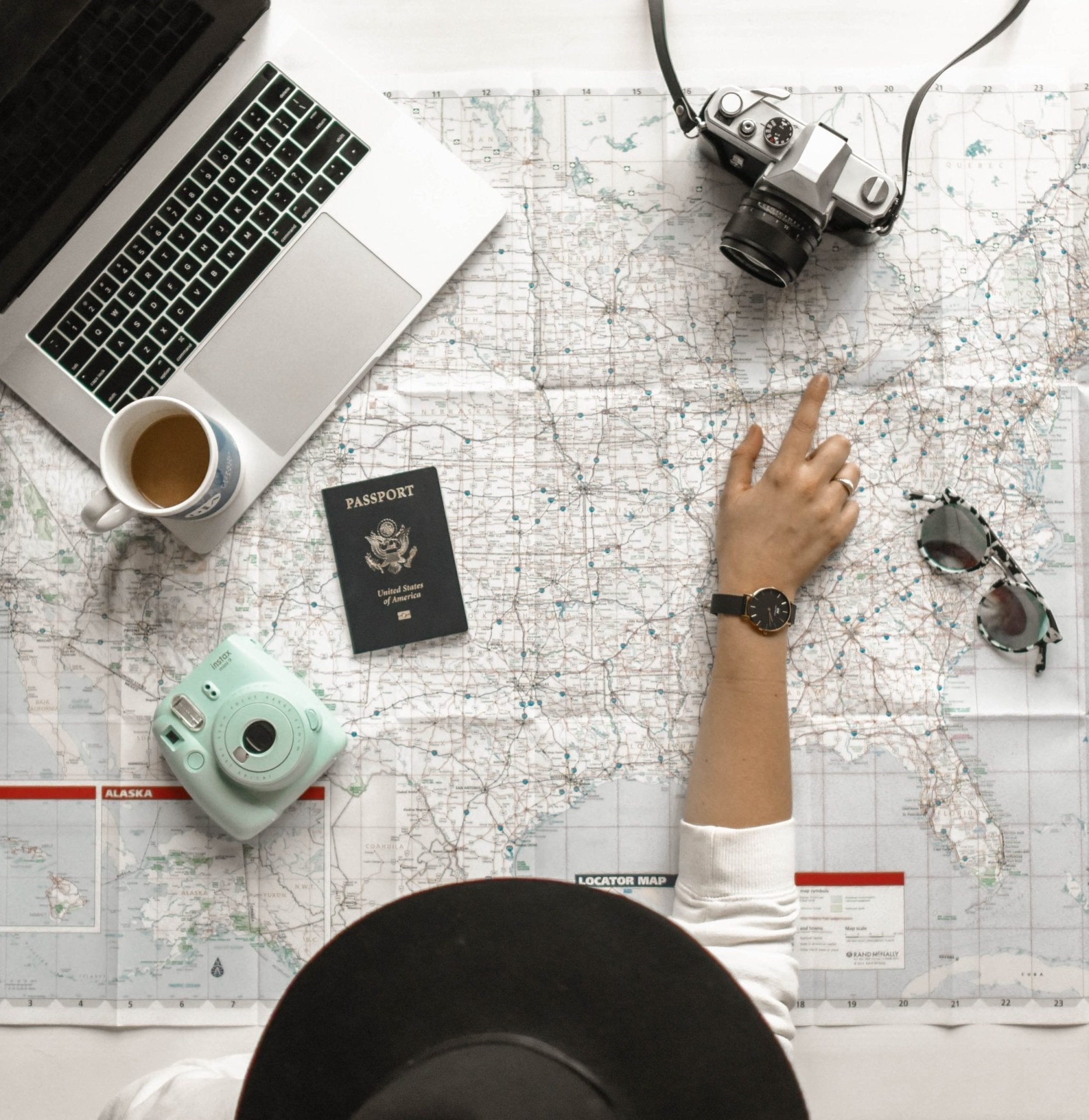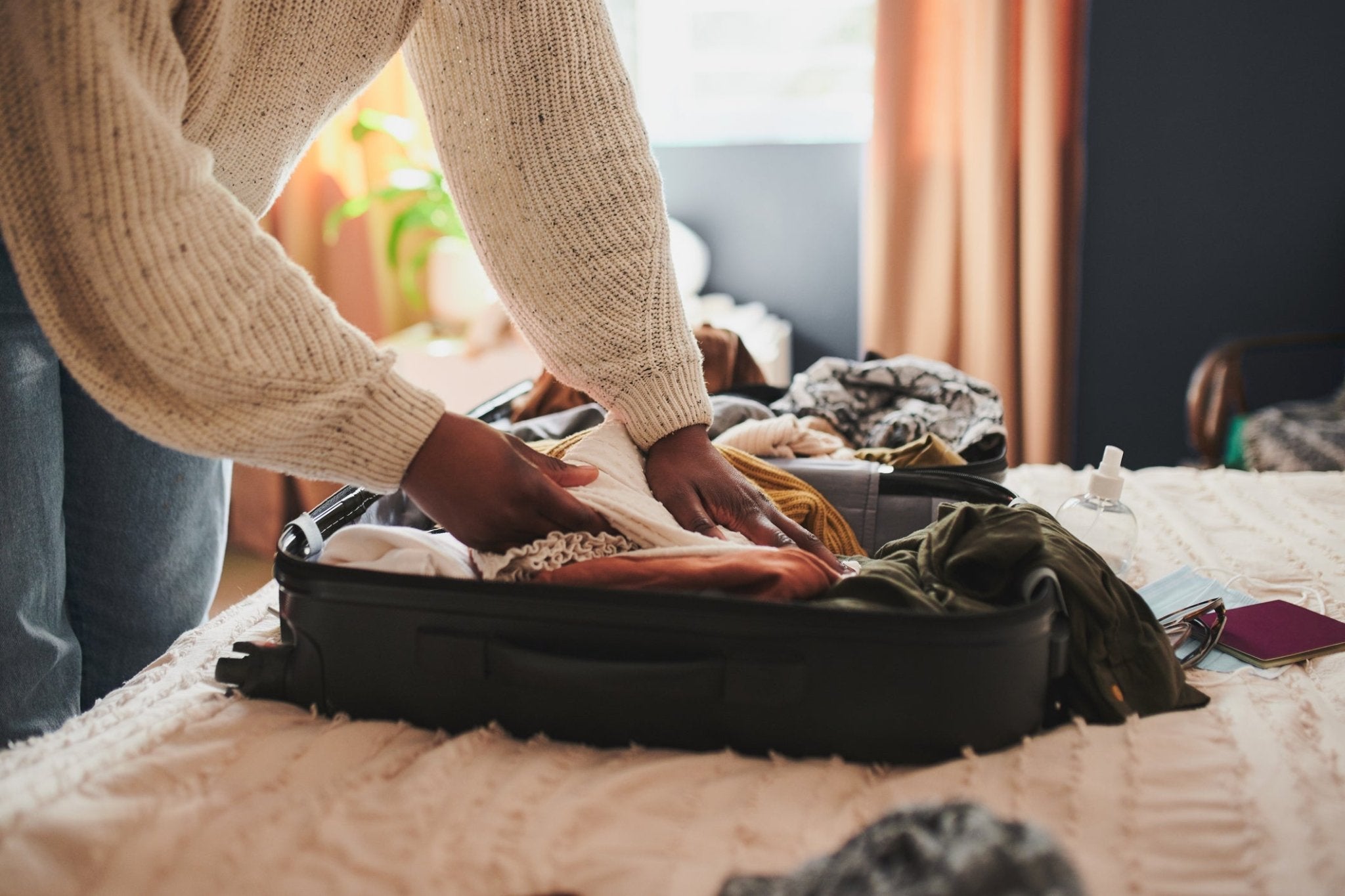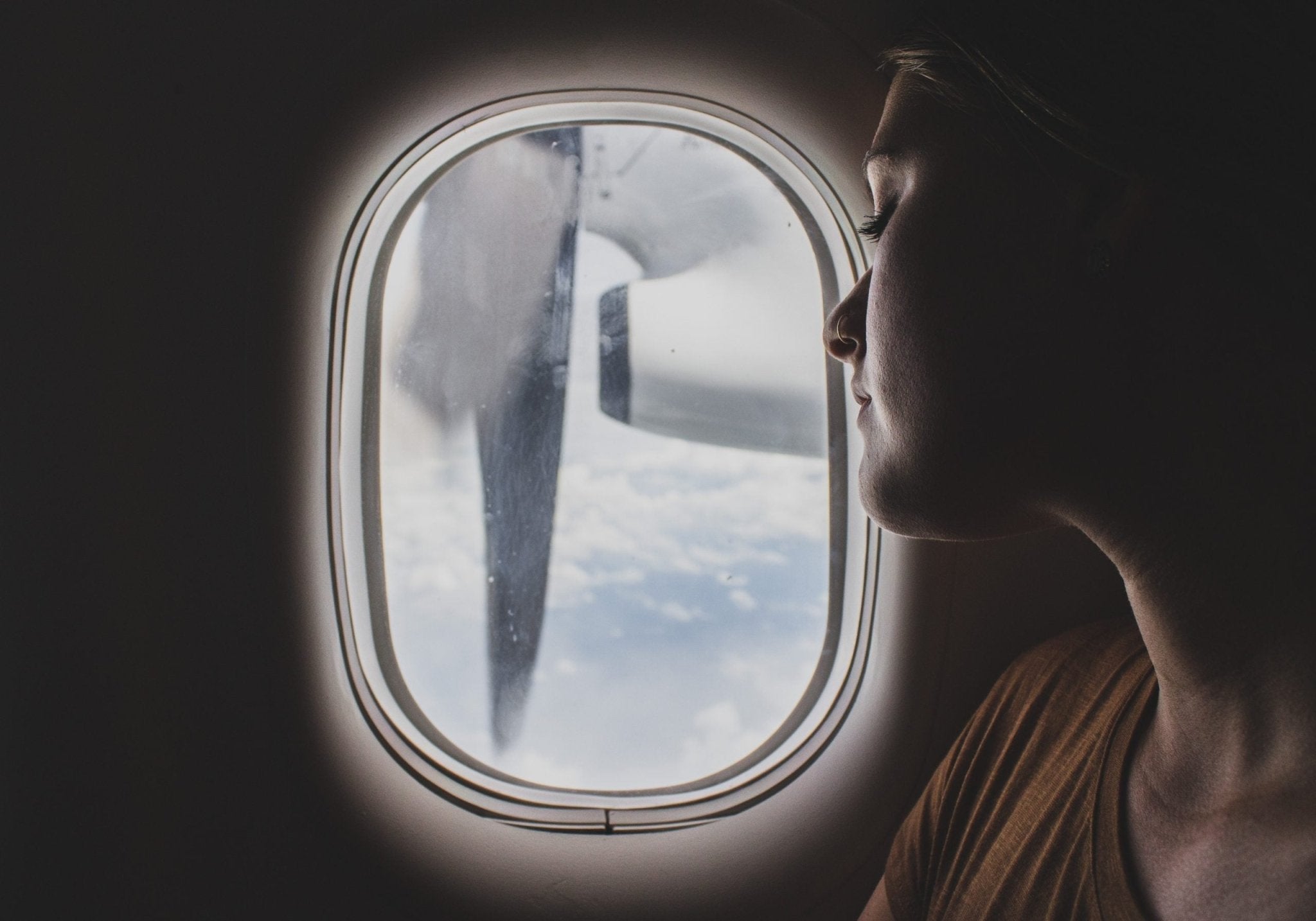As recent years have shown, anything can happen when we least expect it. Ayesha Muttucumaru lists the ten ways to prepare yourself before you leave home in a pre-travel checklist.
What’s on your travel checklist? For most of us, it’s what clothes to take, the toiletries we’re going to attempt to squeeze into our 20cm x 20cm bag and the snacks to pick up from duty-free to see us through the flight. The lead-up to a trip can be stressful and in amongst all the planning and packing, it isn’t surprising that the things that could help us in a crisis can slip through the cracks.
If we don’t take the right precautions before we leave, it could leave us without a safety net if there’s an emergency. Worried that you may have forgotten something? We’ve got you covered. Here’s your list of essential pre-trip checks to help your travels go as smoothly as possible.
1. Check that your passport is valid – and that you have copies
Carrying an out-of-date passport could bring an abrupt end to your travels before they’ve even begun. What’s more, some countries require that your passport be valid for six months after the date you travel and have two or more blank pages, making the need to keep regular tabs on yours and your family’s passports that much more important.
To protect yourself in the event that your passport gets lost, stolen or damaged while you’re away, make a note of your passport number and take two photocopies – leave one with friends or family at home in case of an emergency and take one with you. Make sure not to store the copy in the same bag as your passport though so that if that bag gets stolen or misplaced, you’ll still have something to show your consulate, embassy or high commission to prove your citizenship.
2. Check that you have your essential documents
These include the entry requirements for the country that you’re travelling to, such as the correct visas should they be necessary.
If you’re planning on driving abroad, research the driving requirements and laws of the country that you’re travelling to and whether you need to apply for an international driving permit (IDP). Also check what level of coverage your insurance policy provides and, if applicable, that your driving license is valid. If it’s out of date, you’ll have to allow enough time to get it renewed.
Thirdly, take details of your insurance policy with you as well as your policy number and the contact number provided by your insurer in case you need them in an emergency.
3. Check the safety of the country you’re travelling to
As this can change in the weeks and months after booking your trip, it’s important to keep up to date. The World Health Organisation’s (WHO) international travel and health page, for instance, provides useful information on potential health risks.
Other useful resources include your home country’s government branch that deals with the interests of citizens overseas, such as the UK’s Foreign and Commonwealth Office (FCO) and the US’ Bureau of Consular Affairs. They will help you to find out more about topics such as entry restrictions and security alerts. It’s also useful to follow them on social media, and some even allow you to sign up for email alerts.
Further valuable crisis control includes leaving details of your trip, itinerary, contact information and copies of your insurance policy with a trusted family member or friend, and considering sending your phone’s IMEI number (a number that’s unique to the device) to them too, so that they can block or locate your phone in an emergency.
4. Check that your travel insurance cover meets your needs
Carefully read through your insurance documents before you leave to ensure that you’re covered for everything that you need, to check if your excesses are still suitable and to see if your insurer has to be made aware of any updates. This could include any changes to your health since taking the policy out or any activities or sports that you’re planning on doing while away (as you may need specific top-up cover).
It’s particularly important to be aware of the circumstances where cancellation cover would be provided. Keep checking government advice for the country that you’re visiting, because if you choose to still travel against their advice, it is likely to invalidate your cover. Contact your insurer if you are uncertain of any aspect of your policy.
5. Check that you’ve got all recommended vaccinations and a supply of medications
Seek out advice about vaccinations from your health practitioner at least eight weeks before you’re set to travel. This is because some require a number of doses (such as rabies) or need to be given well in advance of your departure date in order to allow your body time to reach the requisite level of immunity. Your practitioner will also be able to advise on wider travel health and if you need to take malaria tablets, too.
To avoid last minute panic, it could be worth creating an at-home record of your vaccinations so that you can keep an eye on the ones that are about to run out and keeping a separate fund to cover costs should you need to pay for any of them.
Also, if you’re on any prescription medication, book in with your doctor to ensure that you have enough to take with you for the duration of your trip and to see you through any unexpected delays or if your luggage gets lost. Take it in its original pharmacy packaging, along with a copy of your prescription and a letter from your prescriber. Bear in mind though, that you may need to check with your destination’s embassy before you leave that you’re able to bring in certain medications, too.
Finally, divide your medication between your hand and hold luggage to ensure that you have an emergency supply should either get stolen or lost. Side note: it’s also worth packing a few essential toiletries and spare clothes in your hand luggage too in case of an emergency.
6. Check what the medical facilities are at your accommodation
Traveller’s diarrhoea, food poisoning, sunburn, coronavirus – there are a number of ways that we can fall ill on holiday. Check the travel advice issued by your government for your destination so that you can take appropriate precautions.
Also take a basic first aid kit with you containing: antiseptic, painkillers, wound-cleaning gauze, sterile dressings, bandage tape, plasters, tweezers, scissors, thermometer, antihistamines, sunburn treatment, insect repellent, insect bite treatment, prescribed medications and condoms. Check everything is in date.
Add extras to suit where you’re going. In our experience, it's worth taking hand sanitiser (containing 60 per cent alcohol or more), anti-diarrhoea medication and rehydration sachets that can help replenish minerals and fluids when you’re recovering from a fever or food poisoning.
7. Check that you have an emergency fund and a mixture of payment methods
Think cash and a prepaid currency card and/or specialist travel credit card. This will ensure that you aren’t left empty handed should one of them get lost or stolen while you’re away. Also have extra funds set aside to cover unexpected travel delays or emergencies.
A specialized travel credit card serves is a particularly handy way to avoid fees while also providing great exchange rates. A prepaid currency card allows you to load a certain amount of money onto it before you leave, thereby allowing you to budget more efficiently. Many allow you to lock in a rate, too, in case you’re concerned about currency fluctuations. Both are designed to help you avoid the huge hidden transaction charges that you’d have to pay if you were to use your home cards abroad. Should you choose to use your home cards, though, let your banks and/or credit companies know before you leave to ensure that they don’t get rejected when you’re away.
8. Check your phone works abroad
Call up your service provider before you leave to confirm that there won’t be any problems with your connection at your destination. They’ll also be able to discuss tariffs and if another plan might be more economic for your trip to help you avoid astronomical charges.
If you’re able to access WIFI easily though, you can avoid these costs by using an app such as Skype, WhatsApp or Facebook Messenger, so make sure that you have them downloaded before you go.
9. Check your list of emergency contacts is up-to-date
On the subject of useful things to have on your phone, find and add the contact details of the consulate, embassy or high commission at your destination so that you have them to hand in an emergency. Also make a note of the numbers to call should your phone or cards get stolen with the contact details of your airline or tour operator and insurer. Write the list down as well in case (and sorry to sound pessimistic here!) your phone gets stolen.
10. Check you’re leaving your home safe and secure
The bump back to reality is hard enough without returning to find that your house has been broken into or damaged while you’ve been away. Create the illusion that someone is home by buying timing switches for your lights that can be programmed to turn on and off at certain times of the day. To remove a tell-tale pile of post on your doormat (if visible), ask a neighbour, friend or family member to drop by and pick it up a few times a week.
If, however, you don’t feel comfortable sharing your key with someone else, it could be worth checking with your mail service to see if they have any secure holding options available. For example, in the UK you can sign up to the Royal Mail’s Keepsafe service which will hold your mail and then return it to you once you’re back. Prices range from 10 days for £15 to 100 days for £75, but bear in mind that it takes five days to set up.
Check all doors and windows are locked, any extra sets of keys under a doormat or flower pot are brought inside and any grocery deliveries are cancelled. Finally, make sure that all appliances except your fridge/freezer are turned off at the socket to reduce the fire risk and keep holiday ‘did I leave my straighteners off?’ panic to a minimum. It’ll also save you money too.
Instagram: @ayesha_muttu



